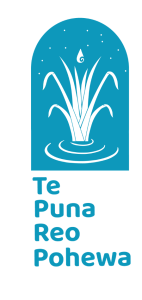
Te Puna Reo Pohewa
Marie Clay Research Centre
The whānau is the wellspring of children’s evolving languages and literacies
from which they are inspired to imagine and create their futures.
Aim of the Centre
Promote Leadership Equity, Achievement and Diversity (LEAD) in Early Literacies
Whakataukī of the Centre
Ko te reo o te tamaiti te tāonga o tōna ao.
The language of the child is the treasure of their world.
Current Projects

Home is whānau. Whānau is home.
This project is designed to create an engaging way to share the authentic voices of whānau from Auckland Airport’s neighbourhood. Family conversations about housing experiences and the desire for homes that support learning and well-being will be facilitated by community partners alongside researchers. The conversations will be about home, housing experiences and aspirations and will likely be multigenerational, with children, parents, and grandparents (all whānau in the home) included. These will be like “kitchen-table” conversations, a safe space for families to talk about things that matter deeply to them. Based on transcribed conversations with families, composite scripts will be developed to protect families’ identities while enabling widespread distribution within the media of the video-recorded “plays” or enactments. The sense-making approach for analysing the interactive family conversations is core to the project’s integrity. Re-presenting the findings by actors in a “performance” will make the stories visible and impact policy.
In this community-strengthening project, the school is the hub. We will begin this project with the Papatoetoe suburb as the hub, working with and out from the school to the community.

Collective Architects of Early Literacy Transformation in Aotearoa New Zealand (1962-1989)
A critical period of educational innovation (1962-1989) transformed early literacy teaching and learning in Aotearoa New Zealand with global reverberations. The coherent infrastructure of philosophy, policy, resources and pedagogy was collaboratively designed through the serendipitous interplay of architects (e.g., teachers, reading advisors, Department of Education staff, principals, publishers, teacher educators) with varied expertise. The intentional and sustained dialogue across sectors led to crafting a robust, dynamic structure built to flex with changing ecologies. Findings from this historical narrative study will reflect the strength and vitality of systemic co-design processes, which provide a blueprint for future educational environment.
Completed Projects
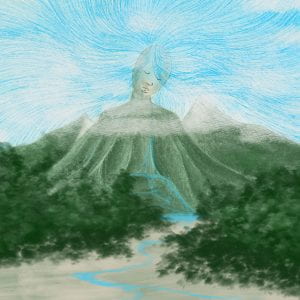
Growing a networked research community
2018–2021
A collaborative network of international researchers convened to reclaim the narrative in the space of young children and families to honor the sovereignty of Indigenous and heritage languages, lifeways, and learning.
Funded by Royal Society New Zealand
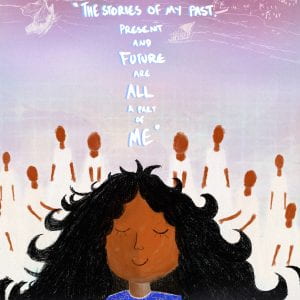
Understand Me: Connecting families and teachers of young children through stories
2019–2020
Partnered with Papatoetoe North School, we look at how stories create pathways of understanding between child-family-teacher interactions through storied conversations.
Funded by Auckland Airport Community Trust
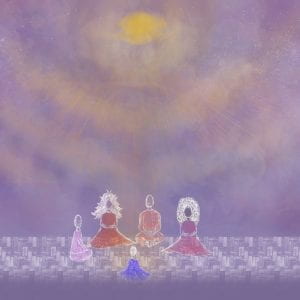
Understand Me: Crafting selves and worlds in collective storied conversations with tamariki/children, whānau/families, and kaiako/teachers
2021–2023
Following the seeding from prior two years, this project expands to three other primary school clusters and extends connections to early childhood.
Funded by Teaching and Learning Research Initiative
Doctoral Researchers
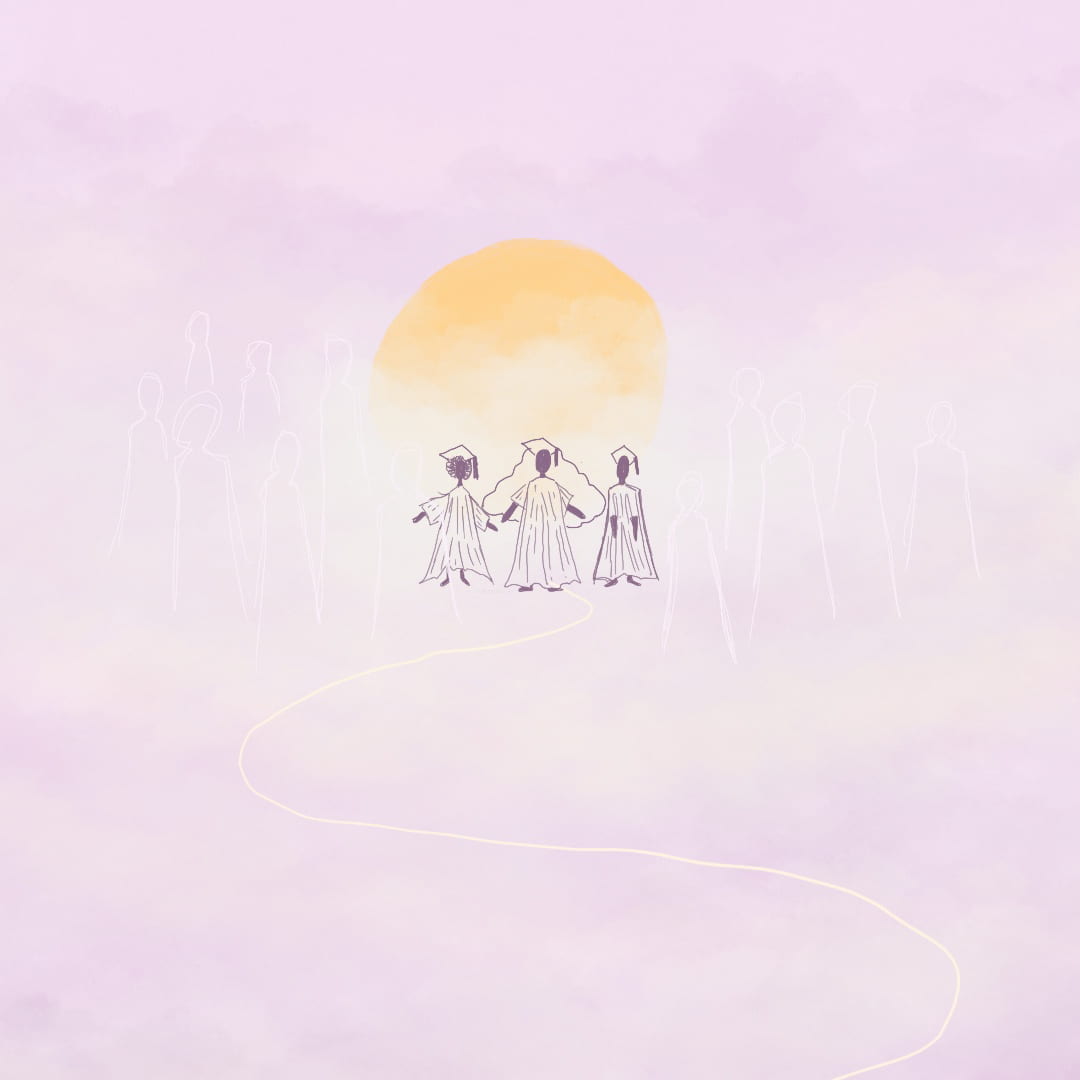
We are truly grateful to showcase an array of projects offered by our current PhD graduates and candidates, covering a variety of educational discourse.
“We are all stories waiting to be told.” (Lowe, 2002, p. 14)
